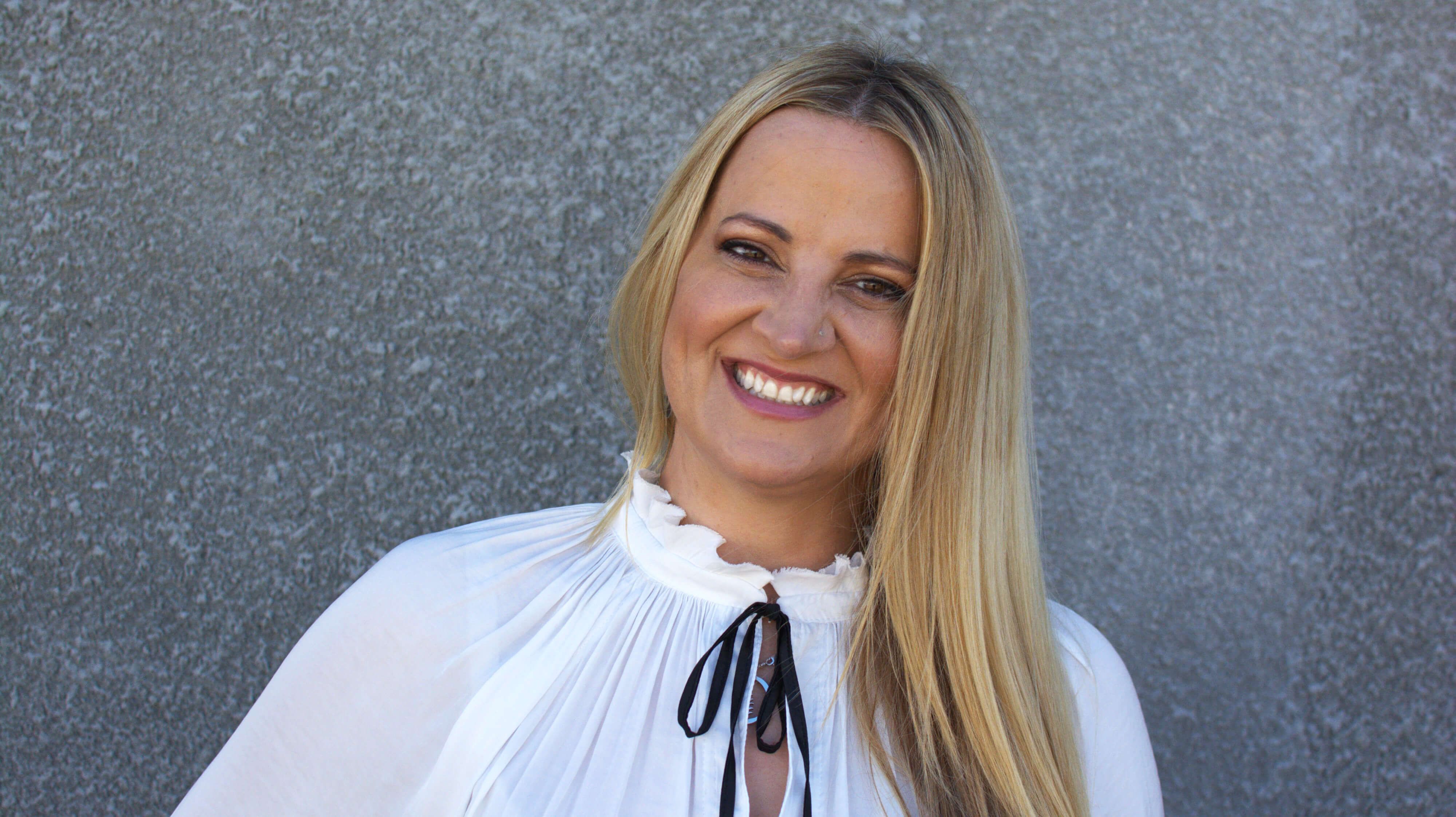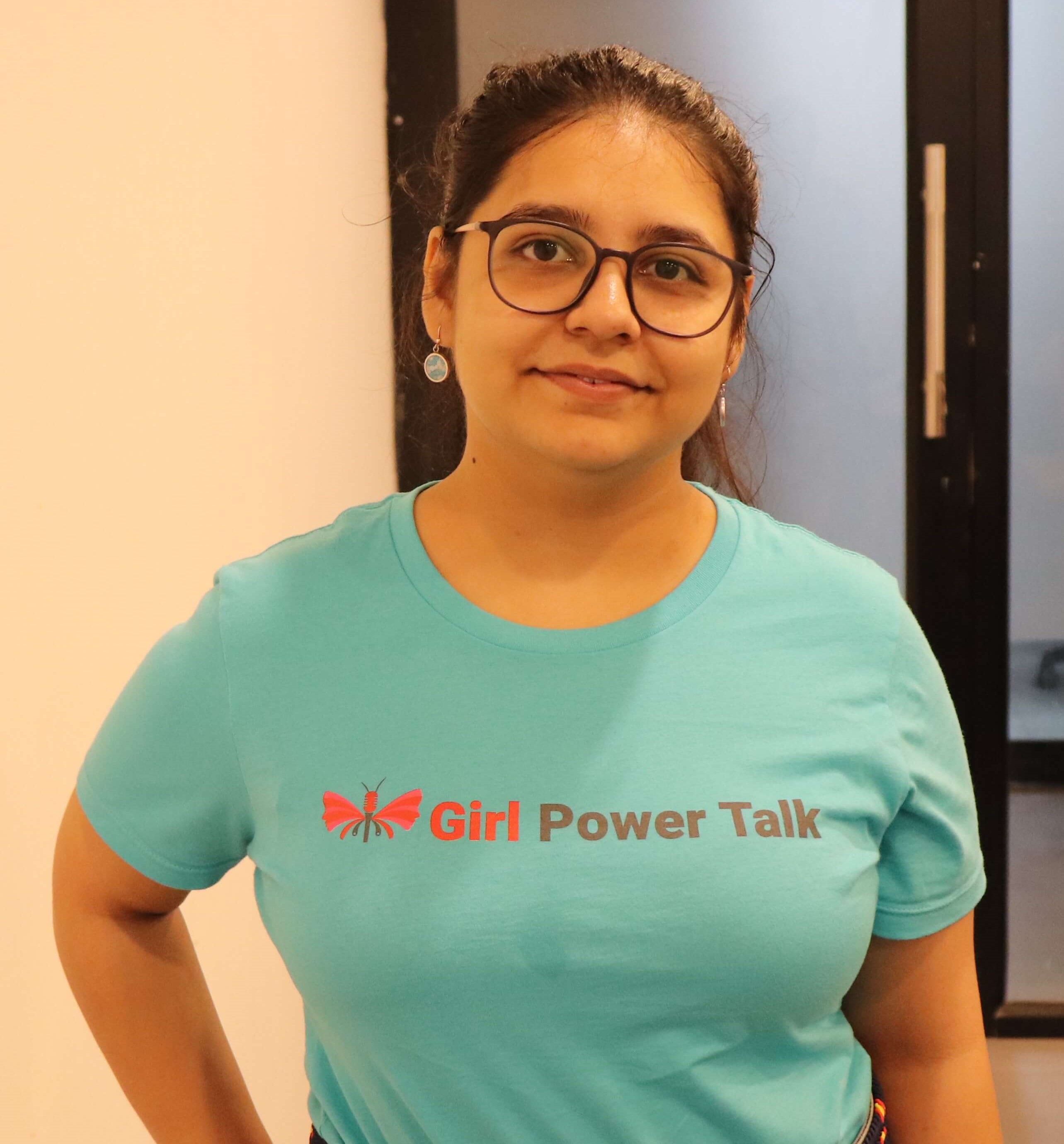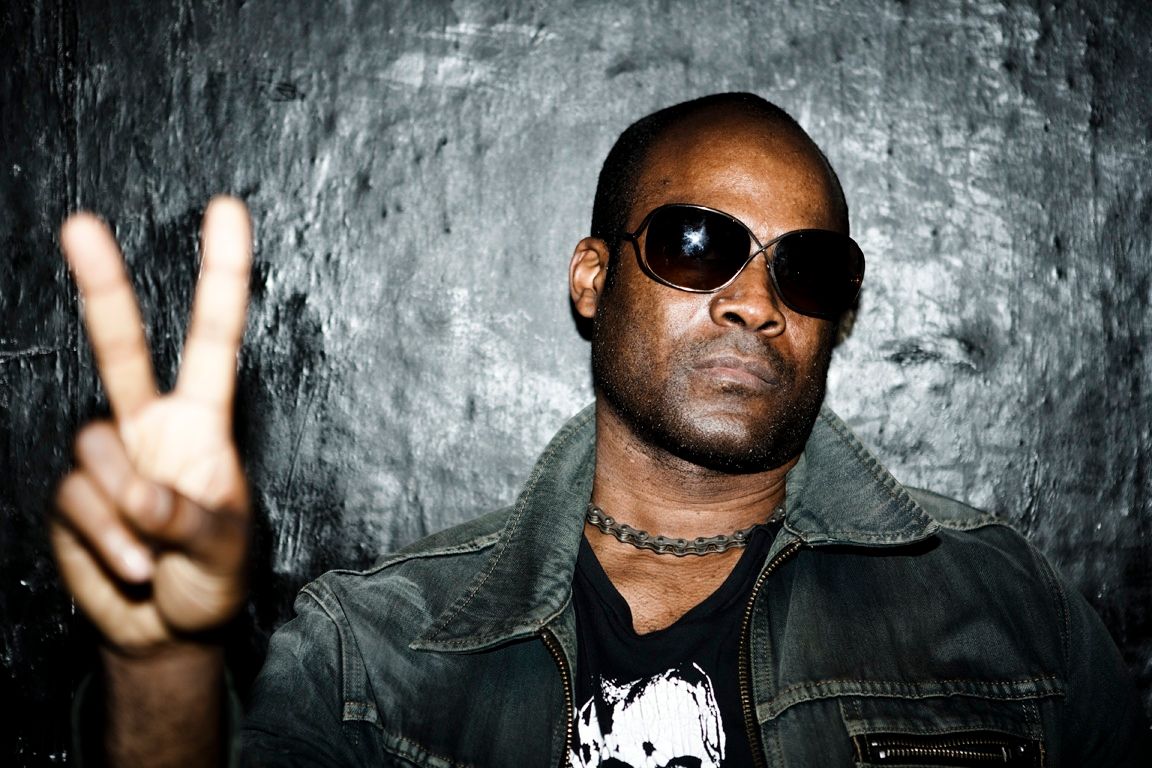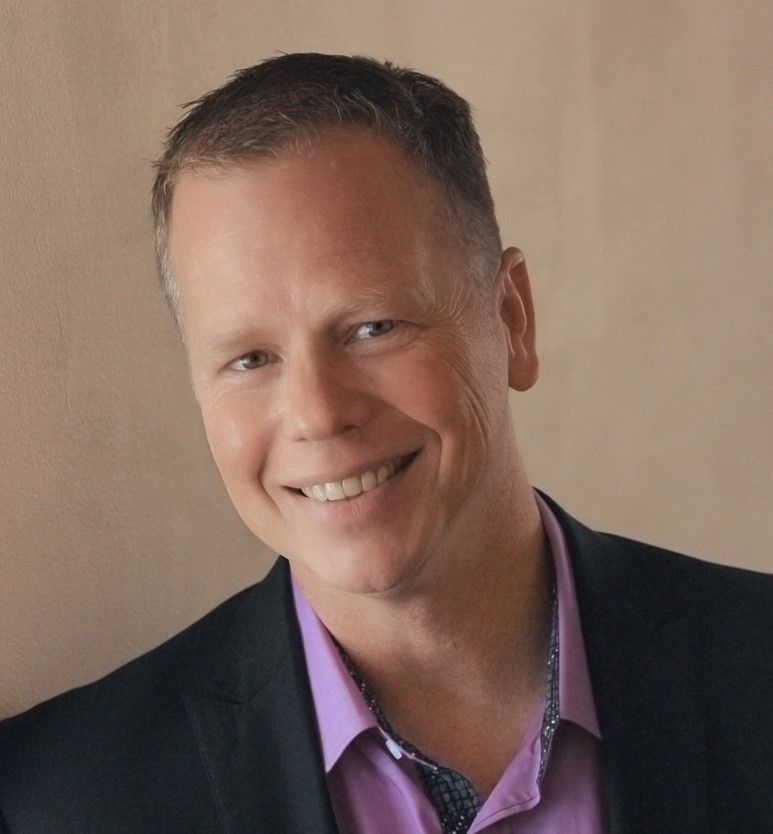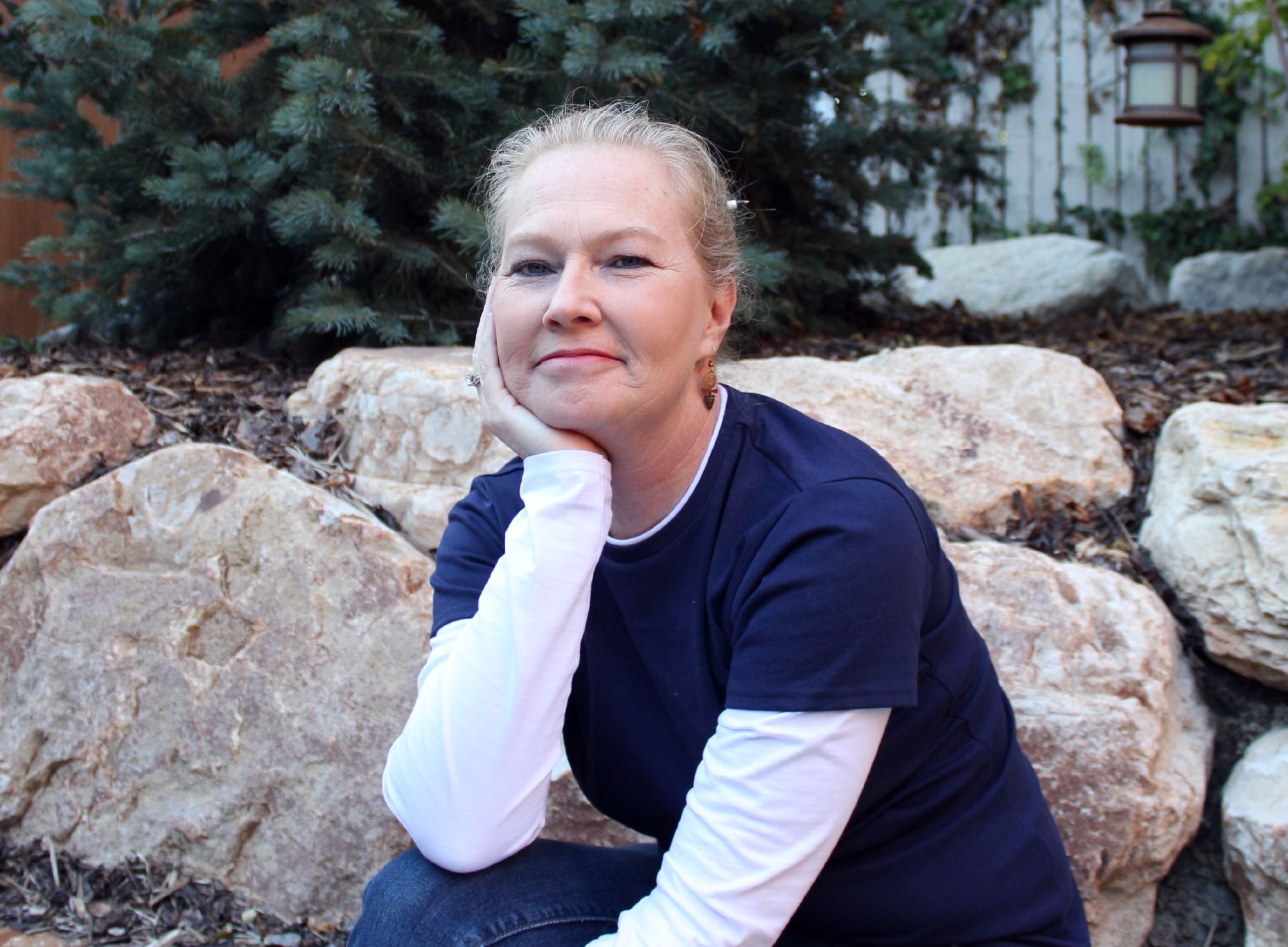“Who ya gonna call — MYTH BUSTERS!” (Sorry, Ghostbusters.) Yes, the nagging marketing phantom I’ve had to battle often is best illustrated with a question I’ve seen spurt out of the mouths of many:
“We like it, but . . . can we make it more POSITIVE?”
Positive. The positive-is-better marketing myth is one predicated on the idea that the tone of anything (ad, spot, tagline, campaign) has to be what 1980s alt-rockers R.E.M. described as “shiny happy people holding hands” — that any marketing message or story has to somehow evoke the touchy-feely vibe of Pharrell Williams singing, “Clap along if you feel like happiness is the truth.”
But the truth is that when people insist that something has to be positive, their assumption misses out on an even stronger motivator of human behavior: Call it “threat.” Call it “the avoidance of pain.” Call it “away motivation.” In a word, this is what we’re talking about: “negativity”. . . or embracing the negative.
Psychologists and evolutionary biologists point out that we’re wired to constantly scan our environments for threats or negative things. Our brains are like Laurence Olivier in the movie Marathon Man — asking: “IS. IT. SAFE?”
Why? Theoretically, it’s because if we had ignored a threat or signs of a threat in our ancient ecosystems — we’d have been toast . . . or at least something else’s brunch. So, our neurology evolved to pay more attention to threats than to opportunities as a survival mechanism.
Daniel Kahneman and Amos Tversky proved this point out in their seminal work on “prospect theory,” which helped Kahneman win the 2002 Nobel Prize in economics. Essentially, they showed that we (curious jaywalking-talking animals) are twice as motivated to avoid a loss as we are to pursue a gain.
And another thingy — this pressing need to play nice, to make it all positive, frequently manifests in a frightening outcome: the removal of conflict from everything, specifically from a concept or story. Removing the conflict in the service of making something positive is usually a fast track to creating insipid work because conflict is at the heart of a good story, great humor, and gorgeous art.
Kurt Vonnegut used to lament how his students lacked this understanding. In a 1977 interview in the Paris Review, he told us why:
“Students like to say that they stage no confrontations because people avoid confrontations in modern life. ‘Modern life is so lonely,’ they say. This is laziness. It’s the writer’s job to stage confrontations so the characters will say surprising and revealing things.”
Alas, I’ve fought this marketing hydra with a thousand positive smiley-faces many times — and so will you. Beware of the beast’s rainbow-venom when it threatens your creative life, and it hisses: “Do we have to be so mean-spirited? Can’t we be more positive?”
Stand your ground, Creative Warrior. Dare to be negative!
Website: www.ape2android.com
Social Media: www.linkedin.com/in/david-lanfair-creative-ninja/













